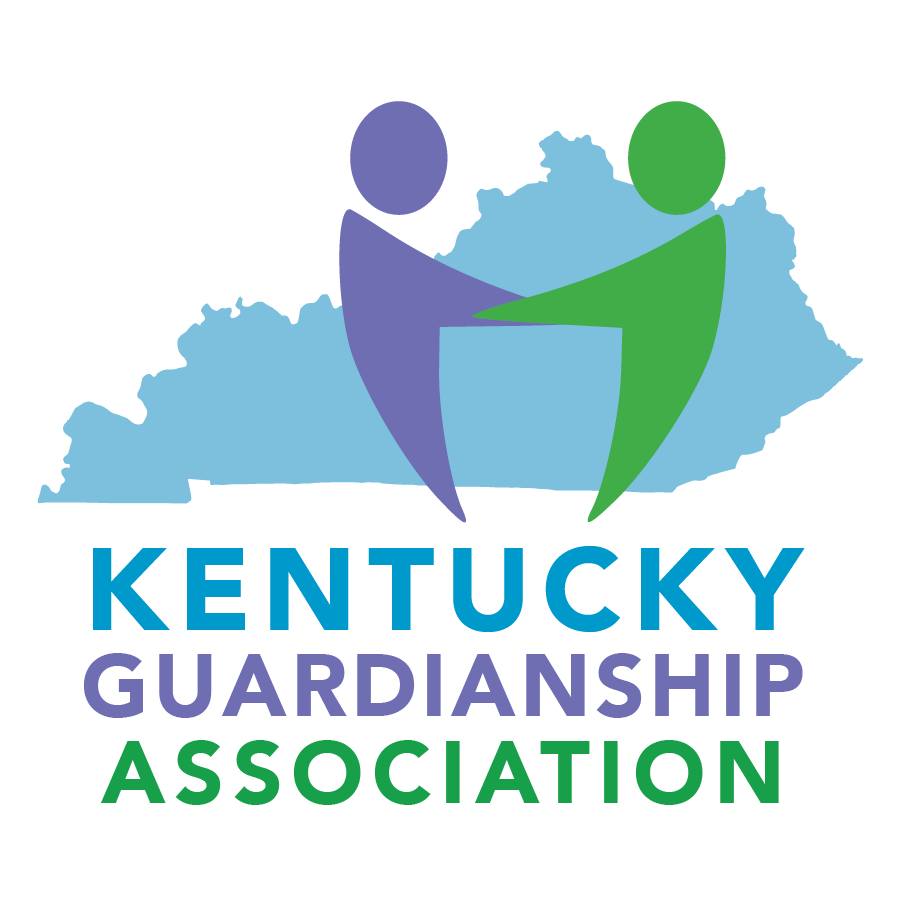Deciding Who Will Take Care of Your Children if The Worst Happens
No one wants to think or talk about it, but choosing someone to look after your children if you die could be one of the most important decisions you make as a parent.
That question hit my husband and me hard one awful day a few years ago when my eldest brother died of a heart attack and hadn't left a will. He was survived by the mother of his two children. But that event, coupled with the fact that my husband's job as a law enforcement officer takes us to some dangerous locations around the world, made us realize that we needed to prepare for anything.
My brother's death was a horrible reminder that no one is invincible. And all of us — especially parents — need to prepare for life after our deaths. Most importantly, we need to think about whom we want to raise our kids if we are not around to do it.
I would be lying if I said this was an easy decision. We narrowed the choice to two of my siblings, for geographic and practical reasons. But asking someone to take on two extra children — even if the chances are slim that both of us would die before they are grown — is no trivial matter. There are so many considerations, including who would look after them in a parenting style similar to your own, what would happen with their education or even who has room in their house.
We chose the brother nearest to my parents, who could provide additional support. Fortunately, he and his wife said yes when we broached the sensitive question with them; I'm not sure what we would have done if they had said no.
Texas resident Katherine Creamer and her husband wanted to choose a family who shared their faith as guardians of their two daughters, ages 6 and 3.
"We talked extensively, and it was a close call between a few people, but eventually we landed on some close friends whom we consider to be family," she says.
Creamer and her husband drew up a will to include guardianship when their oldest was a baby and before the birth of their second child.
"This is one of the most important things you can set up when you have children to help others make things go smoother in the event of a worst-case scenario," she says. "No one wants to think about it, but you owe it to yourself, your children and everyone around you to have it made official."
Given how hard it is to nominate your child's guardian, I wondered what would happen if you die before making this choice — or if you had thought about it but hadn't formalized it in a will.
Gina M. Spada, a lawyer in Illinois who works on guardianship and estate planning, says choosing a guardian is one of the most contentious issues for parents drafting a will. It also tends to be the one thing that slows the estate-planning process. But even with a will, she says, it is still up to a family court to make the decision.
"Guardianship is decided based on what is in the best interests of the child," Spada says. "However, without a nominated guardian, the court has no information of the parents' wishes to consider."
She emphasized that it still is important to put your decision in your will rather than just discuss it informally because "an informal nomination would hold very little weight with the court."
I asked her what would happen if the people you asked didn't want to do it.
"If a person is nominated as a guardian, he or she is under no obligation to accept — it would certainly not be in the best interests of the child for the court to appoint a guardian who does not want children," Spada says. "Therefore, it is extremely important to discuss guardianship with the person you intend to nominate."




